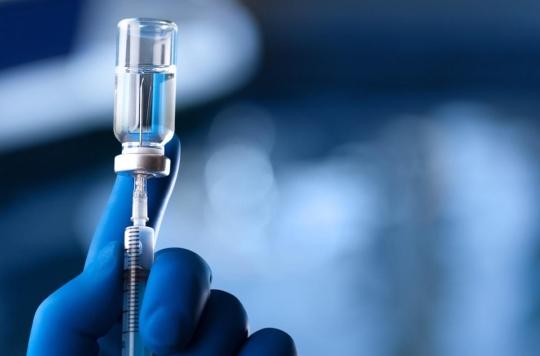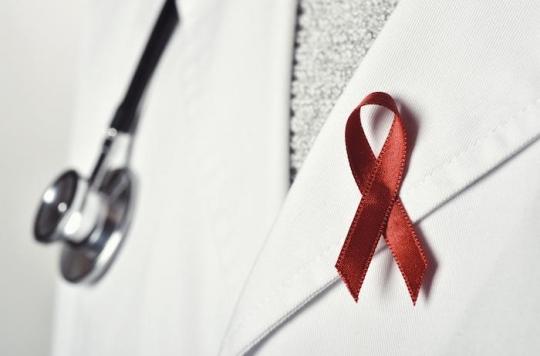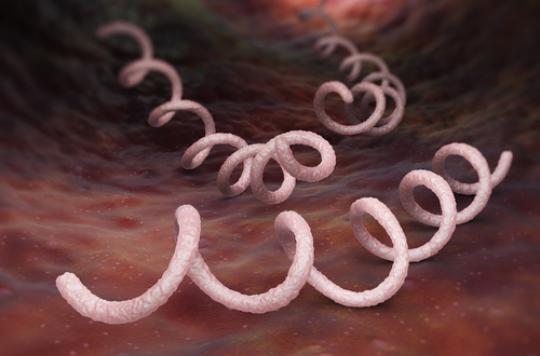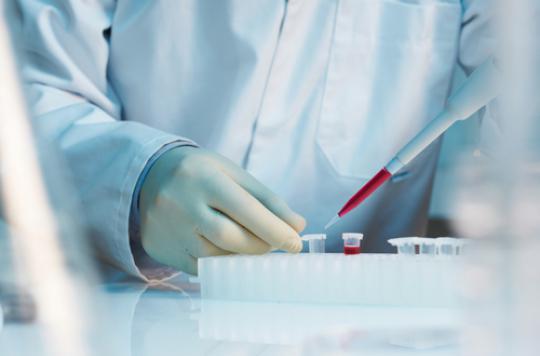The promotion of HIV self-tests through the Grindr dating app helps reach populations at risk who rarely do such a test.

The fight against HIV could also go through dating sites and applications. In September 2015, France authorized the sale of self-testing in pharmacies. Researchers at the University of California in Los Angeles (United States) have tried a new approach: offering them on Grindr, a dating application for men. The method works, according to their results published in Sexual Health.
333 volunteers
The researchers offered self-screening tests for a month via the Grindr application. Clicking on the advertising banner redirects to the study site, which offers three ways to obtain a kit for free: by mail, by a voucher at the pharmacy or by a code intended for an automatic machine. The objective: to reach high-risk populations who would not have been screened.
The use of Grindr paid off as the site registered 4,389 clicks to the ad. 333 men requested to receive a free screening kit, 74% of which by post. Of these, a small half then completed the questionnaire associated with the study. He asked them about their unsafe practices and their HIV status.
Treat early
The users of the dating application are indeed a population at risk: more than 7 in 10 had anal sex without a condom in the 3 months preceding their participation. Only a minority do not get tested (9%) but the proportion of men who do not test themselves often enough is not negligible: 30% of them have not checked their serological status within the year. Spotting an infection early is important because prompt treatment preserves the lymphocytes from the virus.
However, of the 56 participants who agreed to communicate their serological status, 4% were newly seropositive. “The promotion of self-testing through applications can most likely reach high-risk populations,” the authors conclude. There remains the problem of the price of these kits: in France, you have to pay around thirty euros to get it. A major brake for certain populations exposed to contamination. The associations are also demanding that their cost be reduced by a reduction in VAT, to 5.5%.
.














